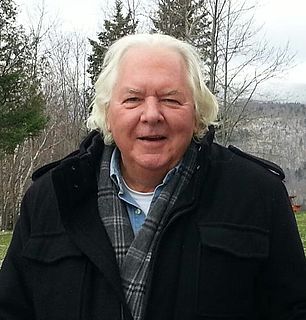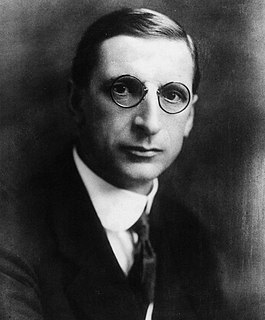A Quote by Samuel Johnson
Life admits not of delays; when pleasure can be had, it is fit to catch it. Every hour takes away part of the things that please us, and perhaps part of our disposition to be pleased.
Related Quotes
The process of life is ever unfolding, guiding you, pushing you, preparing you for the next part of the process. Difficult challenges, bad days, upset feelings, moments of confusion are part of life's process. Perhaps these things are there to keep us alert, to make us stronger, or to test our resolve to keep moving forward.
The desert takes our dreams away from us, and they don't always return. We know that, and we are used to it. Those who don't return become a part of the clouds, a part of the animals that hide in the ravines and of the water that comes from the earth. They become part of everything. They become the Soul of the World.
There is a part of childhood that is childish, and a part that is sacred. Suddenly we are touching the sacred part -- running to the shoreline, feeling the first cold burst of water on our ankles, reaching into the tide to catch at shells before they ebb away from our fingers. We have returned to a world that is capable of glistening, and we are wading deeper within it.
This is the pleasantest part of life. Oblivion throws her light coverlet over our infancy; and, soon after we are out of the cradle we forget how soundly we had been slumbering, and how delightful were our dreams. Toil and pleasure contend for us almost the instant we rise from it: and weariness follows whichever has carried us away. We stop awhile, look around us, wonder to find we have completed the circle of existence, fold our arms, and fall asleep again.
For all parts of the body that we see fit to expose to the wind and air are found fit to endure it: face, feet, hands, legs, shoulders, head, according as custom invites us. For if there is a part of us that is tender and that seems as though it should fear the cold, it should be the stomach, where digestion takes place; our fathers left it uncovered, and our ladies, soft and delicate as they are, sometimes go half bare down to the navel.





































